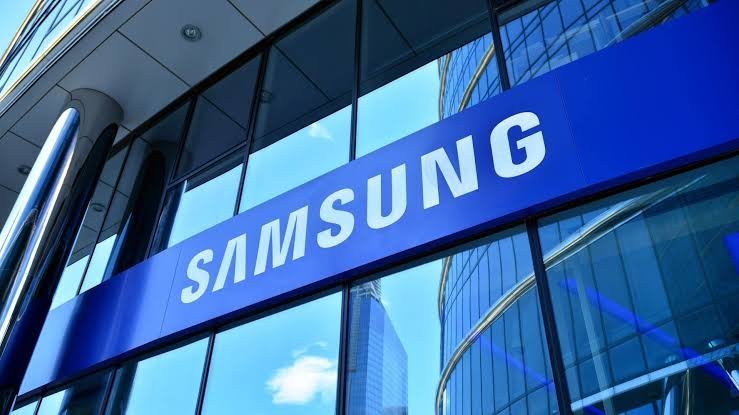Samsung to Cut Memory Chip Production Amid Worst Quarterly Profit Since 2009 – Samsung Electronics, the leading manufacturer of memory chips worldwide, is preparing to reduce its production of memory chips. This move is in response to the company’s projected operating profit for the first quarter of 2023, which is expected to decrease by approximately 96% compared to the previous year.
This would make it Samsung’s least profitable quarter since 2009. The global economic slowdown, excess supply of memory chips, and weak demand have all had a negative impact on the company’s earnings, prompting it to scale back its memory chip production. In spite of the setback, Samsung intends to streamline its production operations to ensure sufficient volume of memory chips for future demand.
People Also Read: 7 Former Samsung Employees Jailed for Stealing Chip Secrets for China
Additionally, the company plans to maintain its investments in infrastructure and research and development, thereby bolstering its position as a leader in the technology industry. Samsung’s profits for the January to March quarter are expected to reach around 600 billion won ($450 million), marking a decline of roughly 95.8% from the previous year’s Q1 earnings of 14.12 trillion won.
According to the company, its revenue for the first quarter is projected to decline to 63 trillion won, down from 77.78 trillion won during the same period the previous year. Meanwhile, Samsung’s competitors, including Micron Technology, Kioxia, and SK Hynix, have reduced their memory chip production to address the issue of oversupply.
Despite the declining demand, Samsung has opted against reducing its investment in memory chips, with the hope of regaining its position in the memory chip market in the second quarter of this year. As of the third quarter of 2022, Samsung remained the leading player in the global market, holding a market share of 40.7% for DRAM memory chips and 31.4% for NAND flash memory.
Despite this, the price of DRAM and NAND experienced a decline of roughly 20% and 15%, respectively, during the first quarter of this year. In line with the South Korean government’s ambitious plans to establish a large-scale semiconductor hub in Yongin, on the outskirts of Seoul, Samsung recently disclosed that it intends to invest around $230 billion (300 trillion won) in constructing five new memory and foundry fabs over the next 20 years.
People Also Read: Samsung Latam Launches ‘House of Sam’ Metaverse Experience in Decentraland
Samsung is expected to release a comprehensive financial statement at the end of April, which will include details about net profit and earnings by sector. As one of the top technology companies in South Korea, Samsung’s present challenges in the memory chip production industry have broader implications for the nation’s economy.




